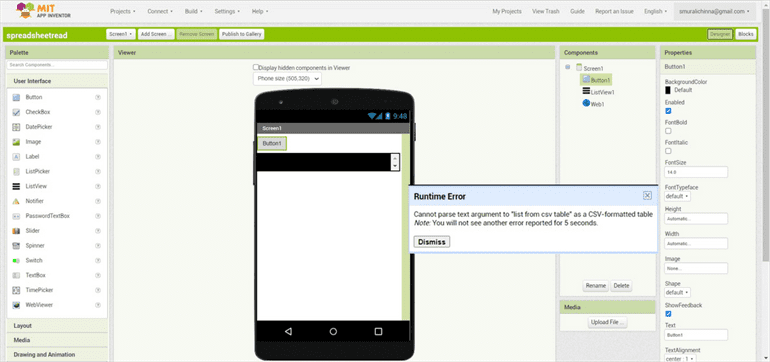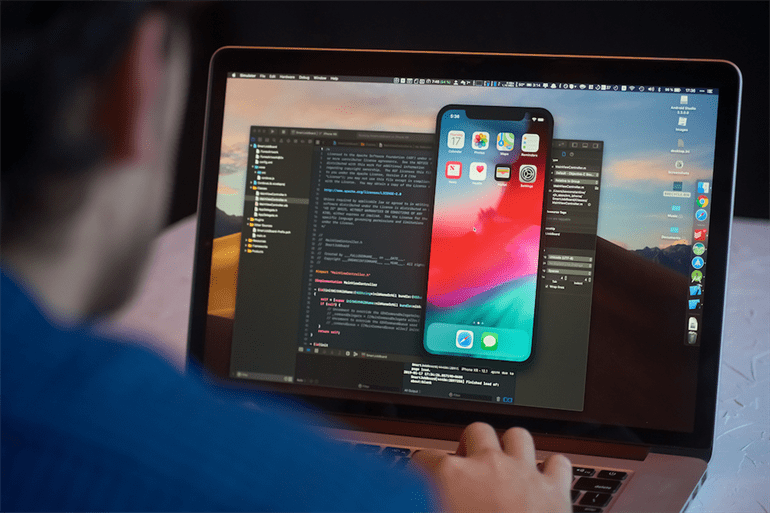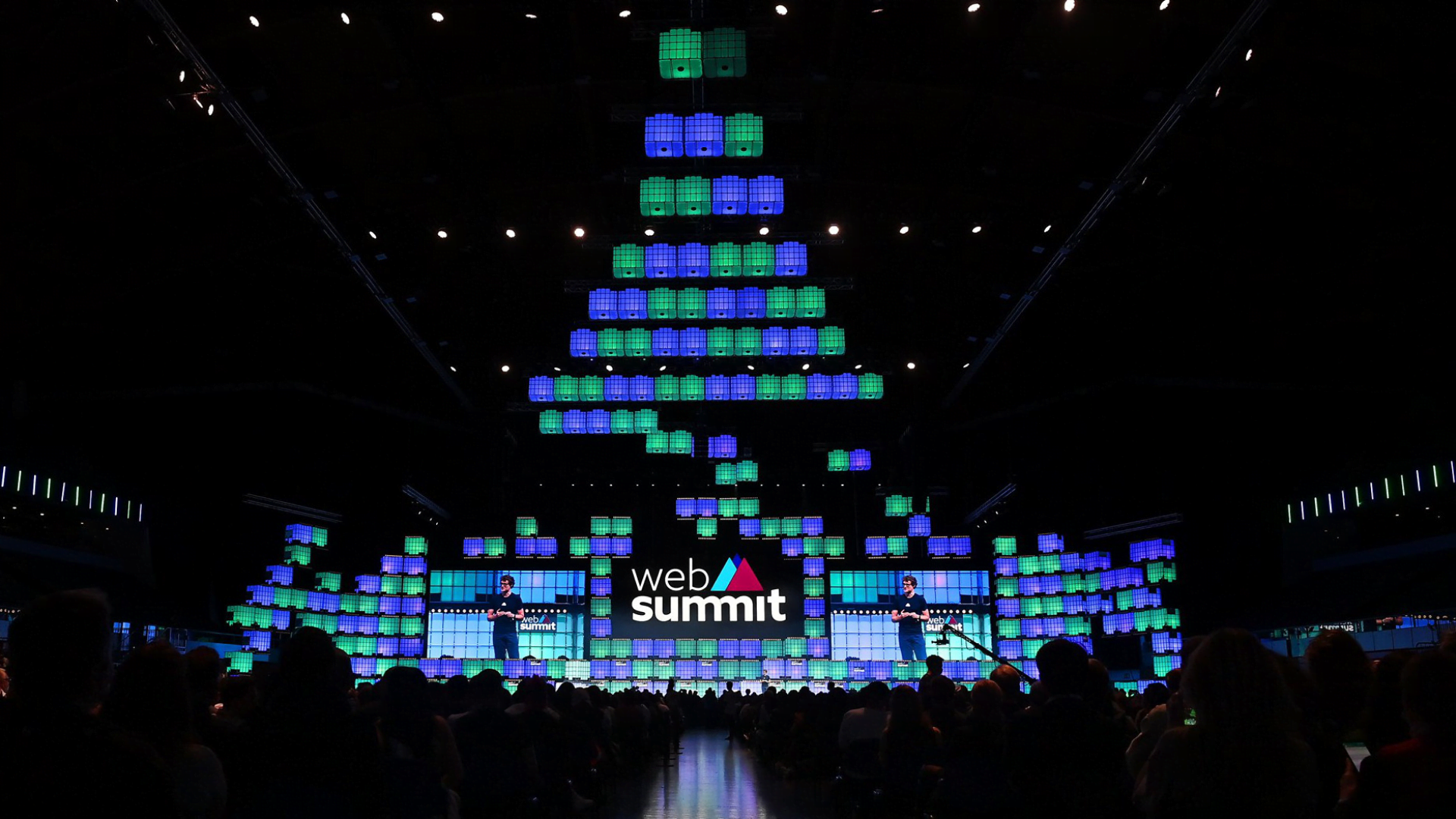The spread of the COVID-19 virus in the world has led to a significant increase in the number of people interested in creating mobile applications. In March 2020, the number of users of Microsoft Teams, a video conferencing software, increased 1000 times, and 2.7 billion meeting minutes were recorded in one day. Mobile applications are a solution for telemedicine, education, and many other industries.
The battle between iOS vs Android developers continues. Android and iOS are the two most used platforms for creating native apps. They are the gold standard of the industry anywhere in the world. IOS and Android offer sophisticated frameworks for mobile app development, so it is essential to carefully evaluate both platforms before making a final decision.
To help you make the best choice for your company, we will find out the difference between iOS and Android app development language, explaining the advantages and disadvantages of each.
The Benefits of Developing for Android
Flexibility. Compared to Apple's iOS, the Android ecosystem is much more accessible. You don't have to worry about hardware compatibility issues regarding distribution, as these apps should run on any Android smartphone within a version's limit. Android also has a more adaptive development method.
Some call iOS app development easier than Android, but it's inaccurate. Android supports a more straightforward development process using Java, a universal programming language supported by Windows, Mac OS, and Linux. It allows developers to create Android apps for any operating system they like.
Excellent educational resources. Google offers extensive training courses for Android developers of different skill levels and an extensive library of introductory materials for beginners.
Make the app accessible. Since 2020, Google has been less lenient with app developers seeking to offer their apps through Google Play. New programmers can take up to a week to go through the same review process that used to take only seven hours in automated mode. The massive advantage in the Android vs iOS development fight is that most Android apps that do not violate the company's content guidelines are approved. Developers must additionally pay a one-time registration fee.
Beyond mobile phones. Android app development involves developing apps for a wide range of devices. You can make your app work with Google Daydream and Cardboard virtual reality headsets, Wear OS, and Android Auto devices. This independence can pose challenges but also allow you to present your app on various consumer devices.
The Drawbacks of Android Development
Quality assurance. While Android has a fragmentation feature that offers advantages, such as allowing you to build for multiple Android platforms simultaneously, it makes testing very difficult. Remember this when comparing Android app development vs iOS app development. Since most consumers refuse to upgrade to newer versions of the operating system, manufacturers of even the most straightforward applications are constantly releasing bug fixes for older versions.
Cost. Development for Android is often slower than for iOS. Accordingly, the cost of the app and subsequent quality assurance increases.
Users spend less time on paid applications. Android users are less inclined than iOS users to pay for additional content in the app and prefer free applications.
Security issues. A huge and vital difference between iOS and Android development is that Android is open source, so it is more vulnerable to hacker attacks than iOS, designed to prevent such attacks.

The Advantages of iOS Development
Productivity. Since Apple's mobile applications consistently demonstrate exceptional results, iOS app development is trendy. This platform has relatively few bugs that make it to the final version of the application; it is fast, reliable, and easy to use.
Apple ecosystem. A big fight would begin between an iOS app developer vs Android developer regarding this subject. When considering iOS app development, the Apple ecosystem can be both a plus and a minus. Connected devices, such as smartphones and laptops that run on the same operating system are very convenient for users because data transfer between devices is simplified. However, developers will spend additional time creating products for multiple ecosystem devices: smartphones, watches, tablets, and the web.
Outstanding user interface and experience. The most significant difference between Android and iOS app development is that Apple provides developers with essential guidelines for creating the user interface of applications. While this strategy may be limiting to some, it generally results in a superior user experience.
The Downsides of Building for iOS
Restrictions for the development environment. XCode, required for native iOS development, is only available for Macs. As a result, you will need at least one Apple product to create applications for iOS devices.
Release in the App Store. The standards in the Apple App Store are generally stricter than those in Google Play. Even if the application meets all the rules, moderators can reject it if considered unnecessary or irrelevant. So not only may we say that iOS development is harder than Android, but the app release is also complicated.
Customization. The iOS platform limits the number of changes in the application's graphical interface. Another stumbling block is the need to integrate certain functions with other applications.
Prospects
Android application development has a great future, as today's devices occupy 71.59% of the world market. But iOS devices are becoming more popular due to their high performance and constant development. IOS and Android will retain popularity in the coming years. It is impossible to say whether it is easier to develop for iOS or Android, with the choice of platform for application development in the future being difficult.
Revenue
Although Apple's iOS has a smaller market share than Google's Android, its users are more valuable in the long-term value (LTV) as they are less likely to be one-time buyers and more likely to become repeat customers through in-app purchases. Experts predict that iOS App Store users will spend more than $60 billion next year, but this does not mean that iOS development is better than Android in revenue.
Making money with iOS apps is easier if you plan to sell tangible items or make significant in-app purchases of additional content.
Target audience
The app's features will help you narrow the circle of potential users. However, when deciding, you can use the fact that iOS and Android users are radically different to your advantage.
The corporate sector, especially managers and sales consultants, prefers iPhones. iPhone users are also more likely to have a higher education, own a computer, and be financially more secure than Android users. According to another study, if a company targets its paid app at a technical or medical audience, it may have more success in sales.
Budget for Development and Deadlines
In terms of time and resources required to build an app, iOS continues to outperform Android.
An essential difference between Android developer and iOS developer is that they use different languages. Android is built on Java, but Apple's Swift is the preferred language for iOS development. Swift is more user-friendly and tailored to the needs of iOS developers. Coding consumes fewer resources.
In addition, unlike Android, iOS is not an open-source platform, which contributes to a much greater consistency of the included software to ensure that the application works accurately and smoothly on all devices. These guidelines help with development and reduce the cost of fixing problems later.
Post-launch maintenance
Approximately half of all Android devices run on outdated operating system versions, which can cause crashes and other unexpected difficulties in fully functional new applications. Since iPhone users face this problem much less frequently, support costs for iOS apps are usually cheaper than for Android apps.
User location
Audience differences are noticeable. If your target audience is from Western Europe, Australia, or North America, iOS app development may be more successful. iOS has a larger market share than Android in Japan, the United States, and the United Kingdom.
The popularity of Android in Latin America, Africa, and even some European countries shows its ubiquitous availability. This platform has a larger market share than iOS in Germany, China, Brazil, Nigeria, and India.

Publishing on App Store
Android is currently more accessible to the average user than iOS. Although the Google Play review process has taken longer since 2020, moderators approve most apps. Stores are more likely to approve your app if you follow all the recommendations of the company's policy.
Apps uploaded to the Apple App Store undergo a more rigorous review process. Most apps are approved within two days or less, while the probability of rejection in the Apple Store is higher.
In addition, unlike the Apple App Store, where developers have to pay $99.00 annually, Google charges only $25.00 to get into its app store.
Since most users prefer one platform, programmers can release an app to the public without requiring pre-development for multiple platforms. After the initial phase, problems, fixes, and constant modifications will occur. Supporting two platforms after app release is more complex and time-consuming than one-platform support.
Starting with one platform is much less scary. Create a workable model, make it available to the public, and monitor the reaction of early adopters. Based on the results, you may create cross-platform software or start planning to expand to a new platform.











